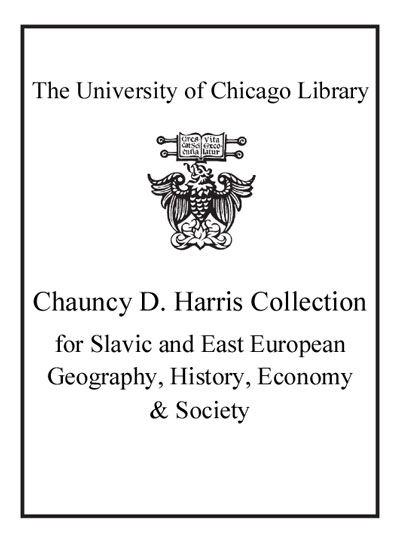Review by Choice Review
On the rise since the 1990s, scholarly interest in the Russian peasantry shows no signs of abating. Recent studies have focused on serf emancipation, the peasantry's response to war and revolution, and their experiences during Stalin's collectivization drive. The distinguishing feature of Gorshkov's latest effort is its wide chronological and geographical focus. The unifying theme is clear enough: all 13 essays emphasize local peasant ecology (how peasants interacted with and relied on each other and their environments) rather than the coercive and legislative power of the state. Gorshkov (Univ. of Tennessee at Chattanooga) shows that the peasants were not simply a dark mass that was acted upon by the powerful. Their conditions varying from one region to the next, Russian serfs and state peasants were mobile in terms of both geography and social status. Far from being chattel slaves with little sense of identity, Russia's peasants had a value system and a work ethic: not only did they help shape the debates surrounding their own emancipation, they also contributed mightily to Russia's economic development in the decades that followed. Experts and undergraduate readers alike will appreciate Gorshkov's lucid analysis and the suggestions for further reading that accompany each chapter. Summing Up: Highly recommended. Upper-division undergraduates and above. --Kevin C. O'Connor, Gonzaga University
Copyright American Library Association, used with permission.
Review by Choice Review

